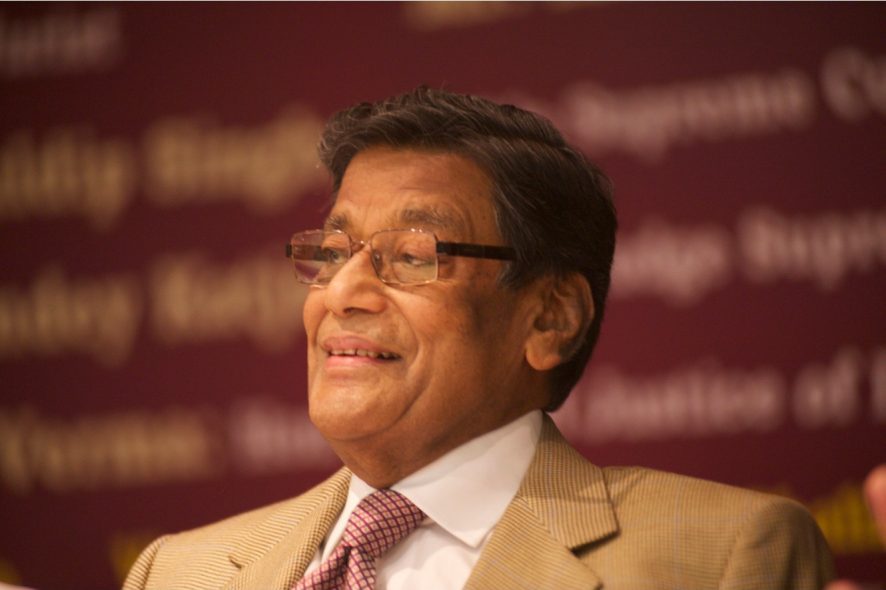The role of the Attorney General of India in the ongoing Bhushan’s contempt proceedings has raised curiosity. This curiosity might be a result of the roles played by recent office bearers which gave a wrong impression that the Attorney General is merely a Government pleader. Some of the media reports go on to question as to why Modi Government is trying to save Mr. Bhushan. Therefore, it is appropriate here to clear the unnecessary clouds hovering over the role of the Attorney General (AG).
The legal minds of the country must be fully aware of the fact that the post of AG is not a Government post. It is a constitutional post. His constitutional obligations are not limited to defend the Central Government but include more onerous obligations as the top most officer of the Court; “to ensure that justice is done to the people of India”. He is also the ex-officio member of the Bar Council of India (BCI) and therefore in a sense, is the head of the Bar. For the same reason and also since the contempt jurisdiction requires his legal acumen as the top most officer of the Court his involvement in the current contempt proceedings in his independent capacity as an AG is beyond questioning.
Though under आर्टिकल 76 of the Constitution of India the AG’s post is held “at the pleasure of the President”, the utility of the office consists in its incumbent being in a position to act quasi-judicially and give competent and independent advice. This is the reason even for Presidential Reference the opinion for AG is sought first, not as Government officer but as the country’s top legal mind. His opinion might be in favour of the government, it might not be.
आर्टिकल 76 is a modified version of Section 16 of the Government of India Act, 1935 and the provision made it clear that the “main object was to secure a legal advice for the Provincial Governments from an officer, not merely well qualified to tender such advice, but entirely free from the trammels of political or party associations, whose salary would not be votable and who would retain his appointment for a recognised period of years irrespective of the political fortune of the Government.” [Extract of the report of the JPC on Section 16 of the Act]
Interestingly, in 1962 Nehru wanted to merge the offices of the Law Ministry and Attorney General as one. He wanted his then Law Minister Ashok Sen to be the AG as well. He even proposed it and sent it across to all bar associations in the country saying that it did not even need constitutional amendment. He wanted to do it because on many occasions the Government’s political move was thwarted by the NEUTRAL legal advice given by the then AG MC Setalvad. Thankfully, the Government had to give up the proposal because of the strong opposition from the Bar and the Bench.


